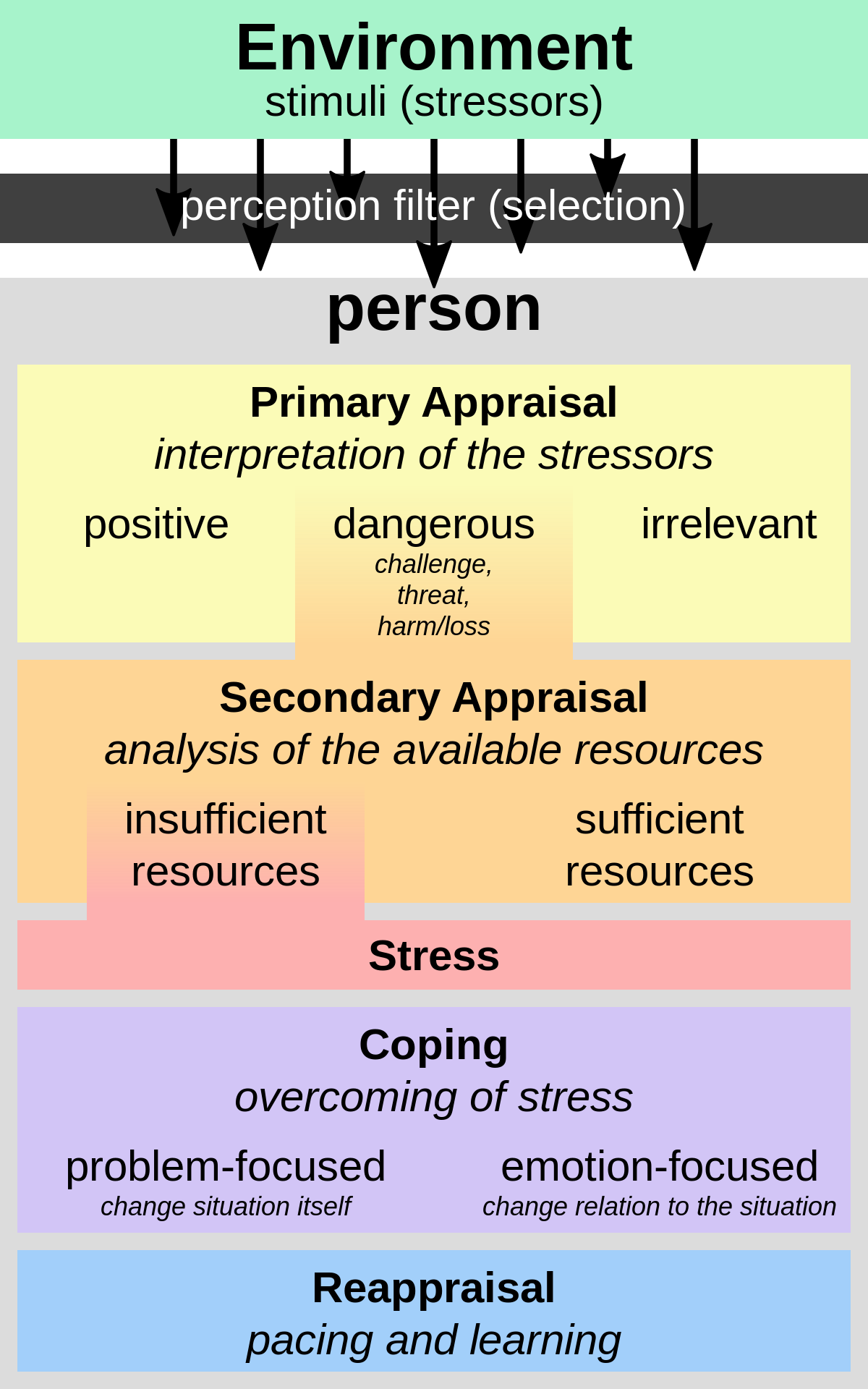
Nepotism vs. intergenerational transmission of human capital in Academia (1088–1800)
We have constructed a comprehensive database that traces the publications of father–son pairs in the premodern academic realm and examined the contribution of inherited human capital versus nepotism to occupational persistence. We find that human capital was strongly transmitted from parents to children and that nepotism declined when the misallocation of talent across professions incurred greater social costs. Specifically, nepotism was less common in fields experiencing rapid changes in the knowledge frontier, such as the sciences and within Protestant institutions. Most notably, nepotism sharply declined during the Scientific Revolution and the Enlightenment, when departures from meritocracy arguably became both increasingly inefficient and socially intolerable.
Universities and scientific academies were instrumental in shaping major historical developments such as the Commercial Revolution, the Scientific Revolution, and the Enlightenment.Footnote 1 Yet, despite their critical roles, these institutions have often faced criticism for clinging to outdated paradigms, commodifying educational credentials, and practicing nepotistic hiring. Historical data from 1088 to 1800 indicates that nearly 5% of scholars found employment at the same universities or academies as their fathers, often producing less scholarly work compared to their peers. This trend suggests that nepotism may have enabled less qualified individuals to secure positions based on familial ties rather than merit, adversely affecting knowledge formation. Nevertheless, the prevalence of family dynasties in high-skill fields underscore, in contrast, the importance of inherited human capital in sectors where talent is scarce.Footnote 2

















/cdn.vox-cdn.com/uploads/chorus_asset/file/24196593/IMG_4168.jpg)



